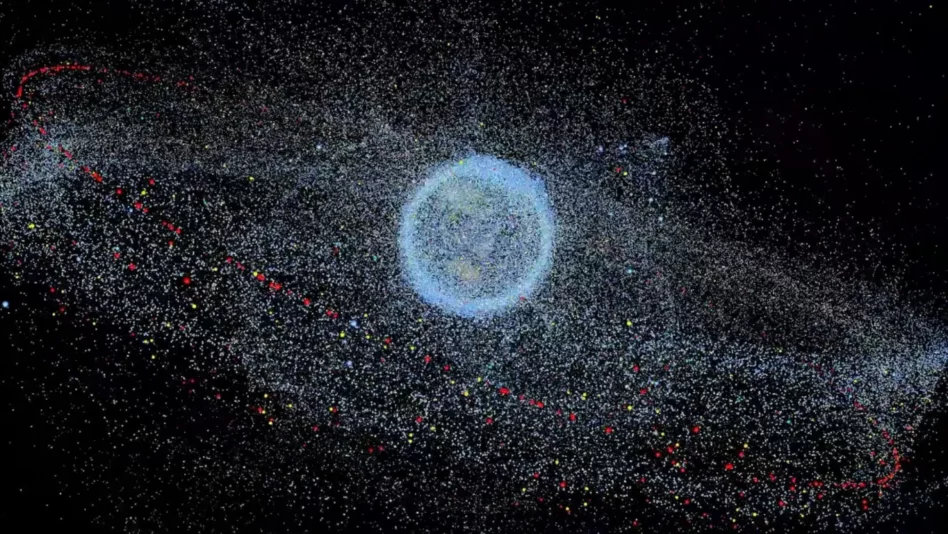The head of the FCC is calling on the agency to change its regulations to further limit how much debris is created in orbit.
Under the new rules proposed by FCC Chairwoman Jessica Rosenworcel on Wednesday, satellite operators would need to limit the chance of a debris-causing incident to less than 1 in 1,000 as part of their application to the agency.
“We can no longer afford to launch new satellites into our skies without being thoughtful about space sustainability,” Rosenworcel said in a statement. “Our orbital debris mitigation efforts will help preserve the orbital environment to protect services we rely on and allow new services to be launched.
Today’s state of play: In 2022, the FCC approved a new rule that required all satellites launched after Sept. 29, 2024 to deorbit within five years of ending their mission in a bid to reduce defunct birds left in orbit. The rule marked a dramatic reduction from the previous timeline of 25 years.
The FCC also enforces whether companies comply with their plan to get assets out of space after the end of their mission—and levied a fine on Dish last year for failing to follow its deorbit plan.
Clean up, aisle high: The FCC isn’t the only federal office focused on mitigating orbital debris. NASA released a report last week that evaluated the benefit and cost of different types of debris mitigation efforts.
Some of the most cost effective ways to limit debris in orbit include nudging debris out of the way of impending collisions, more quickly de-orbiting large spacecraft, and closely tracking large pieces of trash.
Around the world: Last week, twelve countries including Belgium, Germany, and Lithuania signed on to ESA’s Zero Debris Charter, a non-binding commitment to become “debris neutral” in orbit by 2030 that was announced in November.




